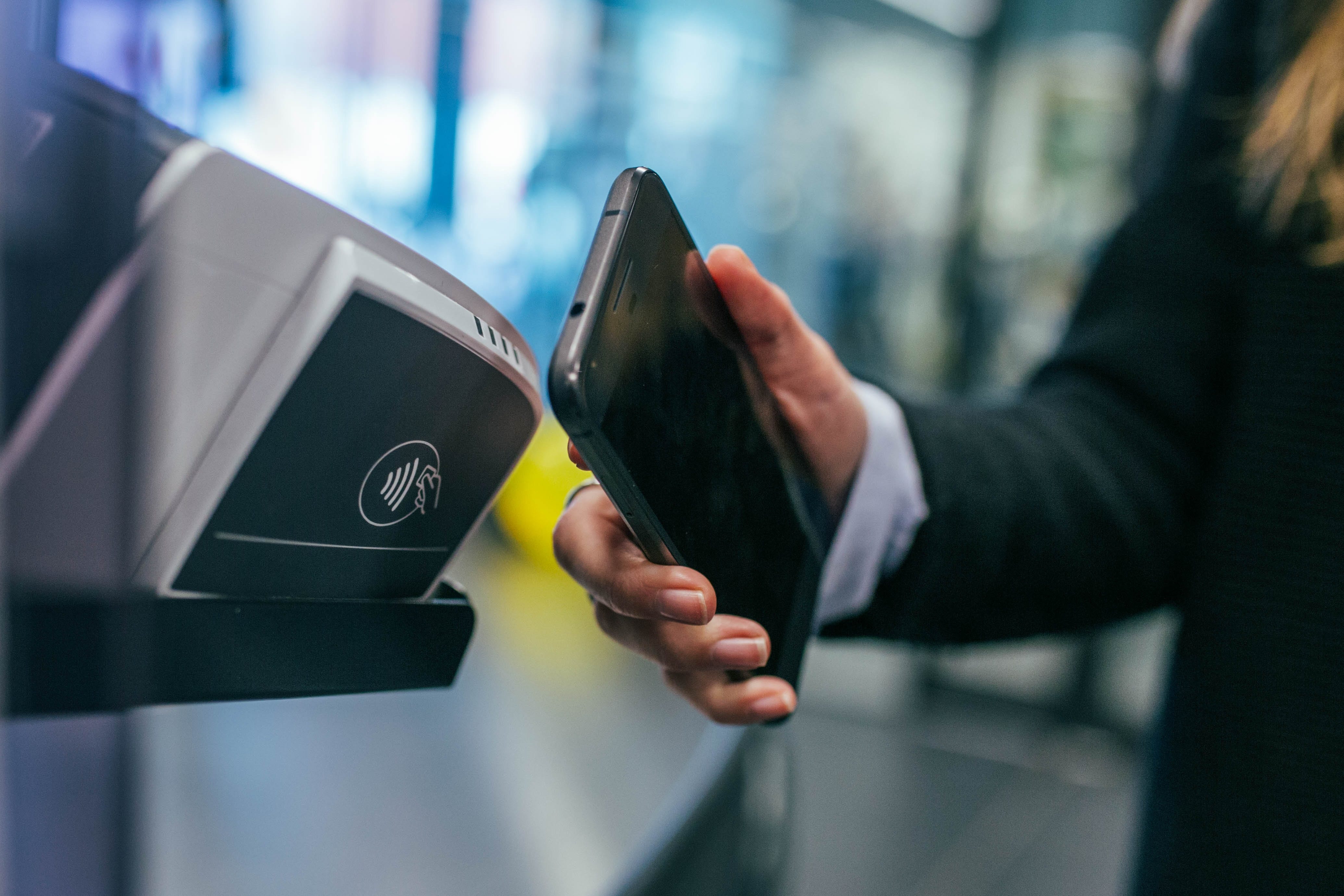Alan Seng – Medium.com
Our world is growing increasingly digital. David Wolman, author of ‘The End of Money’ and contributing editor at Wired,believes that the most impactful contribution from the invention of the smartphone is the applications that transform the device into a seamless wallet, remittance, and payments tool, granting financial inclusion and unprecedented convenience to billions of unbanked people around the world.
While paper money has helped the world exchange value for goods and services for approximately the past millennium, it’s time the money system updated itself to satisfy today’s needs. The case against cash is clear.
Cash for crime
Cash is the preferred mode of payment for individuals and organisations conducting illicit activities. Peter Sands, Harvard president emeritus and a senior fellow at the university’s Kennedy School of Government, believes that cash provides an untraceable means to facilitate and fuel the criminal economy. “No other payment mechanism simultaneously provides anonymity for payor and payee, leaves no trace of transactions, and is so widely accepted.” Without physical cash, large-scale criminal activity would be much easier to detect: transactions will have to bypass bank accounts, which are traceable. They may even resort to a more troublesome form of barter trading.
Unsurprisingly, reducing dependence on cash can also alleviate the problem of street violence. Richard Wright, chair of the justice and criminology department at Georgia State University, conducted a study in the US on the correlation between cash and street violence. He discovered a 10 percent fall in total crime rate in areas that have moved away from giving federal welfare benefits in cashable checks to preloaded debit cards.
Environmental woes
It costs money to manufacture money. The penny, in particular, costs more to make than its actual worth. According to a study done by University of California Davis, it costs the US Mint 1.43 cents to make a penny, even before accounting for the massive environmental impact created by mining, smelting, minting and transportation operations.
Enabling tax evasion
Cash enables the ‘hidden economy’. It’s not hard to see why, as it doesn’t leave a paper trail to be audited or tracked by taxation investigators. For example, when an employer pays a worker in cash under the table, both employer and employee do not pay employment benefits or income tax for the transaction. It isn’t surprising to see why workers in jobs paid primarily in cash — like waiting tables or private tutoring — tend to underreport their income.
Underreporting of income by individuals is the single largest contributor to the tax gap. Tax evasion costs the United States $200 billion every year, amounting to about 1 percent of the country’s GDP. OECD countries, on average, lose about 2–3 percent of their total tax revenues every year, while lower-income countries tend to lose more: about 6–13 percent.
Going cashless: The rise of government-backed digital currencies

Tech companies specialising in mobile peer-to-peer payments have helped push the reality of a cashless society to the mainstream. Venmo by PayPal, Alipay by Ant Financial, WeChat Pay by Tencent, and Go-Pay by Go-Jek are some of the services offered by tech giants to enable cashless transactions for billions in three of the four most populous countries across the globe.
Governments are also taking steps to advance the cashless narrative. The Singaporean government, for example, aims to reduce cash transactions by supporting several digital payments initiatives. This includes a nation-wide electronic payments system — ‘PayNow’ — implemented by the Association of Banks in Singapore (ABS). Since the launch of PayNow, the transactional value of e-payments in the country has grown by more than S$10 billion a year, while ATM cash withdrawals have declined by more than S$300 million within the same timeframe.
The city-state is also experimenting with a central bank-issued SGD-equivalent digital currency built on distributed ledger technology — a project undertaken by the Monetary Authority of Singapore termed Project Ubin.
At a recent financial tech conference, International Monetary Fund Managing Director Christine Lagarde presented the argument for governments to issue digital currencies as a means to achieve public policy goals which private companies are less motivated to achieve.
“Having central banks issue digital currency can bring about financial inclusivity, better security, and consumer protection, as well as allay privacy concerns.”
Digital currencies can be designed by central banks for user identities and transaction data to be authenticated and adhering to due diligence procedures. Lagarde also proposed that central banks should consider partnering with private companies and startups to invent innovative financial solutions.
“The advantage is clear. Your payment would be immediate, safe, cheap, and potentially semi-anonymous. And central banks would retain a sure footing in payments. In addition, they would offer a more level playing field for competition, and a platform for innovation. Meanwhile, your bank or fellow entrepreneurs would have ensured a friendly user experience based on the latest technologies.
Let’s put it a different way: the central bank focuses on its comparative advantage — back-end settlement . Financial institutions and start-ups are free to focus on what they do best — client interface and innovation. This is public-private partnership at its best.”
The rise of decentralised cryptocurrencies
Whether you love it or hate it, it is highly likely that government-backed digital currencies will start to emerge in economies both strong and weak, as the benefits will prove too enticing for the governments to ignore.
While that may sound like bad news for privacy-minded cypherpunks and anti-establishment folk, the creation of government-issued digital currencies might just be the catalyst to the rise of decentralised cryptocurrencies. The future of money could be a reality in which cryptocurrencies exist legitimately alongside digital currencies.
When solutions allow for digital currencies to be exchanged with cryptocurrencies seamlessly and inexpensively, cryptocurrencies like Bitcoin can be recognised and used as the internet’s native currency. It can then facilitate online activities like e-commerce, trading, and remittance. We may even find ourselves tapping into a new source of immense economic potential when it becomes viable to include billions of unbanked people into the global gig economy. Where inclusivity of this demographic was challenging due to the lack of proper banking and credit infrastructure, finding remote employment with mobile wallets, cryptocurrencies, and digital currencies is now an everyday possibility.
On this note, Jack Dorsey, CEO of Twitter and co-founder of mobile payments platform Square, believes that Bitcoin is the best candidate for the internet’s native currency.
A global currency will allow him to “enable more access [to financial services], serve more people, and move much faster around the world.” Speaking with Joe Rogan on the latter’s podcast, he expressed his enthusiasm and belief in Bitcoin taking on the role of a global currency:
“Bitcoin was born on the internet, tested on the internet, and is of the internet. When you think about the internet as a country, as a market, as a nation… It’s going to have its own currency. And what’s interesting about the internet as a nation — it’s the whole world. So, the whole world gets one currency. It gets one thing to communicate in. And that to me is just so freeing, and so exciting.”
The financial revolution is inevitable. Cryptocurrencies aren’t going anywhere. In this very moment, governments and tech companies seem to be pushing every citizen with a smartphone towards a cashless future. So hold on to those bills in your wallet. They may become a souvenir and history lesson for your children one day.






0 Comments